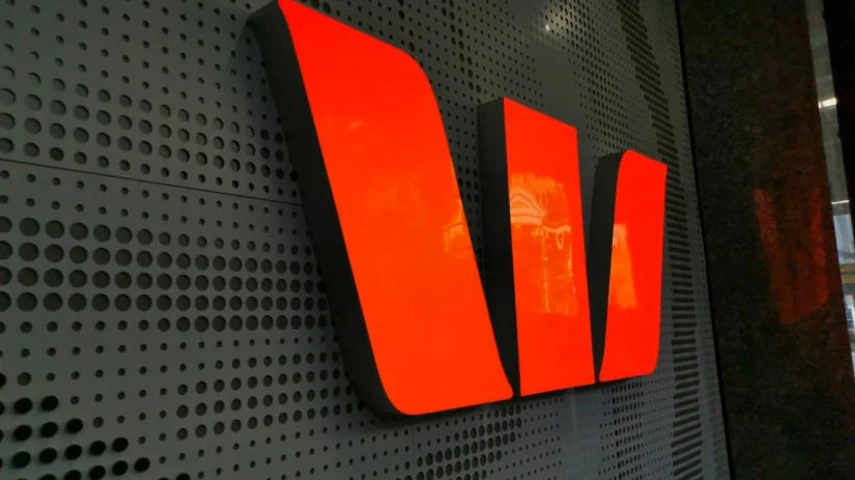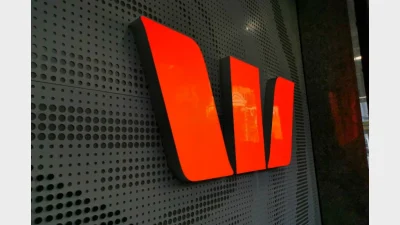Westpac to roll out real-time super payments to employers in September



The major bank has announced that real-time super payments will soon be available to all QuickSuper employers ahead of the looming payday super regime.
Westpac and industry super fund Cbus have begun trialling real-time superannuation payments, marking a key step toward the upcoming payday super reforms set to take effect from 1 July 2026.
The federal government’s payday super initiative will require employers to pay superannuation on the same day wages are paid, with contributions reaching employees’ super accounts within seven calendar days.
As the only bank in Australia with its own clearing house in the Superannuation Transaction Network, Westpac said it has leveraged its position to pilot real-time payments with over 100 employers across major super funds, including Mercer Super, Hostplus, Cbus, HESTA, CareSuper, Catholic Super, NGS Super, and Team Super.
The pilot began in April 2025 and included the first-ever real-time payment via Cbus’ QuickSuper clearing house. Previously, super contributions were processed through slower channels such as direct debit or BPAY.
A key test case came from a Western Australian employer whose payments typically missed same-day processing under the traditional Bulk Electronic Clearing System (BECS).
According to Westpac, real-time capabilities allowed QuickSuper to confirm payment receipts immediately and contributions were invested a full business day earlier than usual.
“Even better, the member contributions were received and invested by the super funds a full business day earlier than would otherwise occur,” said Grant Doherty, managing director of Westpac’s digital solutions arm Qvalent.
QuickSuper will be available to all participating employers by September 2025, with Westpac also planning to add PayTo functionality later in the year, allowing for secure, pre-approved “pull” payments.
Moreover, super funds have begun adapting to the increased frequency of contributions, with payday super being described as a “big” but “manageable” change by CEO of the Association of Superannuation Funds of Australia (ASFA), Mary Delahunty.
“Payday super will be a game-changer for all working Australians,” Delahunty said. “If you are receiving wages in Australia, you will be better off from this change.”
Westpac is offering super funds a real-time reconciliation service linked to NPP-enabled accounts to support compliance with tighter payment windows.
“By processing contributions as soon as the payment is received, funds can... deliver an enhanced experience for members and employers,” Doherty added.
ASFA has called on the ATO to take an educative approach in the early stages of implementation and recommends establishing a steering council to support the rollout.
Draft legislation for payday super was released by the former assistant treasurer and minister for financial services, Stephen Jones, earlier this year.
The move aims to address an estimated $5.2 billion in unpaid super from 2021–22.
Doherty said the reform was a win for super fund members.
“It’s about getting the best outcome for super members, like you and me,” he remarked.
Recommended for you
The Gateway Network Governance Body has unveiled a detailed roadmap to guide the superannuation industry through the upcoming Payday Super reforms.
CPA Australia urges the ATO to extend compliance support for small businesses facing major system changes ahead of Payday Super reforms.
Superannuation funds ramp up collective efforts to counter rising cybercrime, updating standards and sharing intelligence across the industry.
The regulator has fined two super funds for misleading sustainability and investment claims, citing ongoing efforts to curb greenwashing across the sector.









